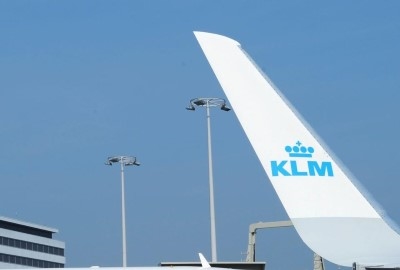Aviation adopts tech to reduce carbon footprint
Airlines and airports are investing in several technologies such as AI (Artificial Intelligence), SAF (Sustainable Aviation Fuel), and biometrics to make the air travel industry more sustainable.

With the investments, the industry aims to reduce carbon emissions, improve operational efficiency, and enhance the passenger experience while aligning with industry-wide sustainability goals.
SustainabilityMag reports on what areas are airlines and airports putting their money. These are the areas:
Fleet Renewal
Airlines are prioritizing the renewal of their fleets with more efficient, next-generation aircraft. This includes adopting newer, more fuel-efficient aircraft models to reduce emissions per flight.
Efficiency in Operations
Airlines are implementing IT solutions to boost the efficiency of flight operations and aircraft turnaround. Technologies such as artificial intelligence are being used to optimize aircraft performance during various phases of flight, including taxiing, take-off, and landing.
SAF
There is a growing adoption of Sustainable Aviation Fuel (SAF) among airlines to reduce carbon emissions. Despite relatively low adoption rates so far, SAF adoption is estimated to reach 83% by 2026. Airlines are also implementing passenger-paid offsets or SAF contribution schemes to further incentivize sustainability.
Biometrics
Airports are investing in biometric solutions to improve the passenger experience and streamline airport processes. Biometric technology could eliminate the need for manual passport checks, leading to faster and more efficient passenger flows through the airport.
AI and Business Intelligence (BI)
AI and BI technologies are prominently featured in IT planning for airlines and airports. Business Intelligence is identified as the biggest area of technology investment for airlines, with AI also being a significant focus. These technologies provide real-time insights into asset management, passenger processing, and overall operations, allowing for agile and collaborative responses to disruptions.
Energy Management
Airports are prioritizing building and energy management systems to optimize energy usage and reduce environmental impact. Investment in energy management systems is expected to grow significantly by 2026, indicating a commitment to reducing energy consumption and emissions.


